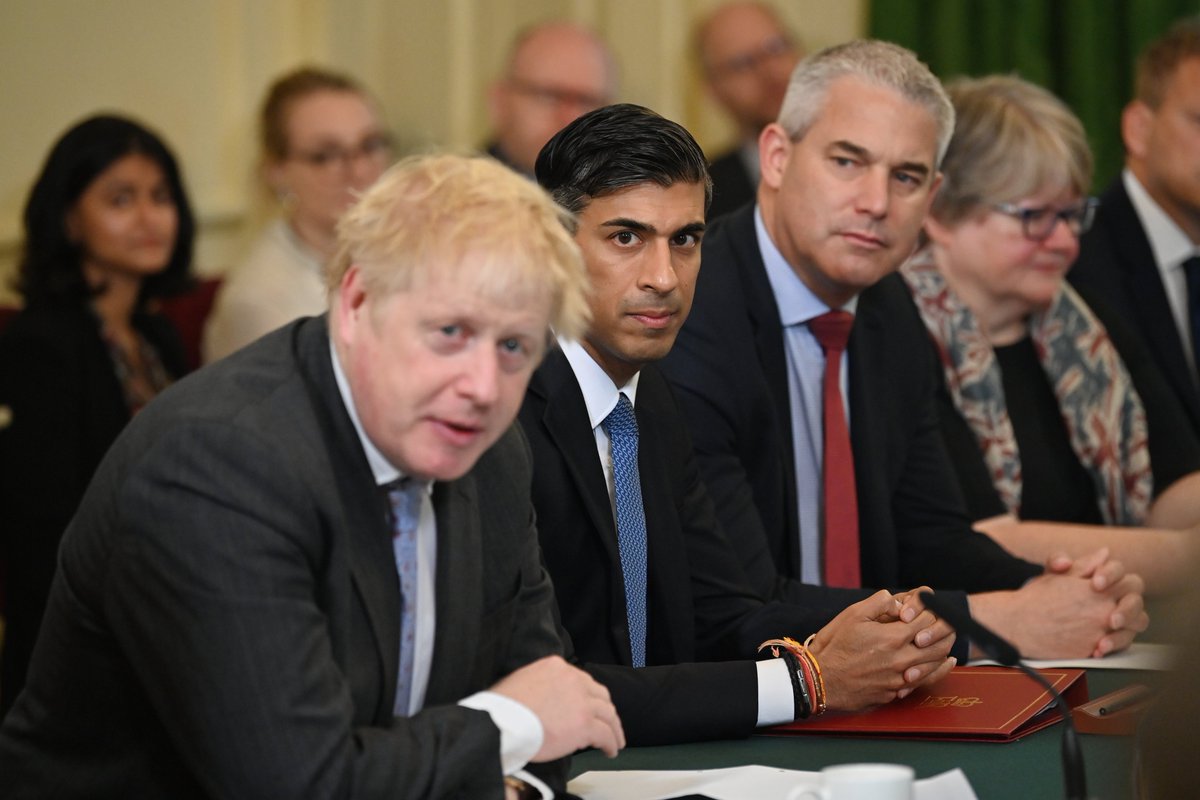
Are office meetings a waste of time?
The biggest study so far shows companies should ditch them almost entirely to improve productivity and happiness, writes @willydunn.
newstatesman.com/business/work/…
The biggest study so far shows companies should ditch them almost entirely to improve productivity and happiness, writes @willydunn.
newstatesman.com/business/work/…
Researchers persuaded 76 companies, each of which employed between 1,000 and 100,000 employees and worked in 50 or more countries, to take part in their study by switching to at least one meeting-free day per week. 

For a company, the organisational problem of meetings is that they usually only benefit one person.
The most common meeting structure is one in which junior employees do the work of providing information to a manager, then wait and watch while others do the same.
The most common meeting structure is one in which junior employees do the work of providing information to a manager, then wait and watch while others do the same.
One-to-one meetings were entirely ruled out in the study as well.
Over two years, from 2019 to 2021 – during which time, the world’s offices switched to online meetings – they surveyed more than 25,000 employees on what changed when meetings were restricted.
Over two years, from 2019 to 2021 – during which time, the world’s offices switched to online meetings – they surveyed more than 25,000 employees on what changed when meetings were restricted.

The researchers gathered both quantitative data (on how the companies performed) and qualitative data (how employees felt about their work), interviewing executives and HR managers.
Across the board, the change improved every metric they measured.
Across the board, the change improved every metric they measured.
The study showed micromanaging came down when there were less meetings.
Stress also came down and autonomy increased.
Stress also came down and autonomy increased.

Across all the companies in the study, the most beneficial results came when companies restricted meetings to two days per week.
At the companies with more meeting-free days, meeting quality went up.
At the companies with more meeting-free days, meeting quality went up.

Interestingly, the reduction in meetings didn’t lead to an increase in the other great stressor of white-collar life: email.
In fact, employees’ satisfaction with how they communicated rose. More hygienic meetings lead to more hygienic communication elsewhere.
In fact, employees’ satisfaction with how they communicated rose. More hygienic meetings lead to more hygienic communication elsewhere.

Meetings are also literally toxic: gathering a group of people into a room can raise carbon dioxide to far above the outdoor level.
Reducing meetings would reduce CO2 levels in the room.
Reducing meetings would reduce CO2 levels in the room.

But this doesn’t necessarily mean all meetings are pointless. The meeting is as least as old as work itself, and for employees, it serves a human as well as a corporate purpose. 

As the world returns to the office, there is an opportunity for companies to take a more rational approach to people’s time, writes @willydunn.
newstatesman.com/business/work/…
newstatesman.com/business/work/…
What are your thoughts on meetings? Do you think meetings are a waste of time or pointless?
• • •
Missing some Tweet in this thread? You can try to
force a refresh












